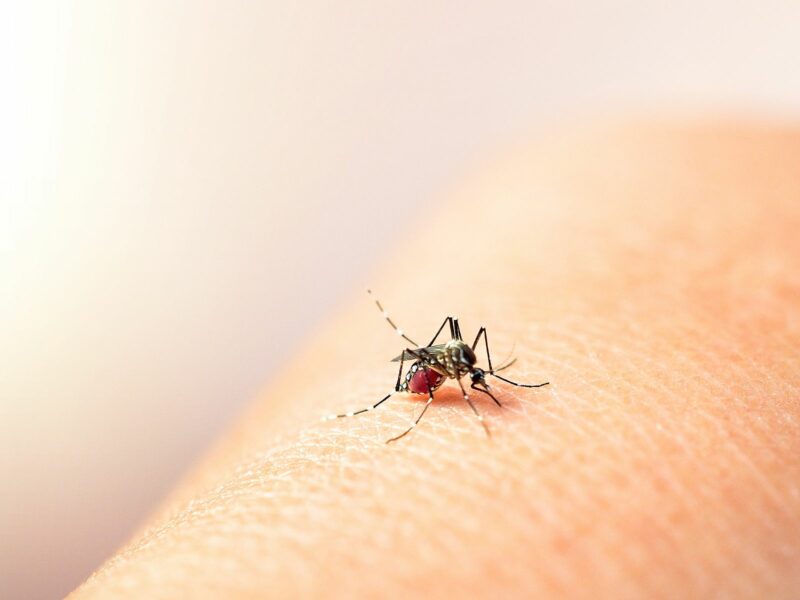Diseases We Tackle

Dengue Virus (WHO)
According to the WHO, Dengue is a mosquito-borne viral infection affecting 100-400 million people every year. The virus that causes dengue is called DENV or dengue virus. However, there are four DENV serotypes hence once can be infected by the virus four times.
While many DENV infections showcase mild illness, DENV can cause an acute flu-like illness as well. This could develop into a potentially lethal complication, which is commonly called severe dengue. In the past decades, severe dengue cases occur every year, leading to serious illnesses or deaths in some Asian and Latin American countries. Treatment of Dengue requires intervention of medical professionals.
Mostly seen in tropical and sub-tropical climates -- in urban and semi-urban areas -- the global incidence of dengue has risen in the past years. Today, is known to risk half of the world's population.
Prevention and control of this viral disease relies on vector control measures. Regular involvement of people can also enhance the effectiveness of vector control
What is the treatment for DENV?
While there is no specific treatment for dengue or severe dengue, early detection of disease progression associated with severe dengue, and access to proper medical care lowers fatality rates of severe dengue to below 1%.

Multi Drug Resistant TB
Multi Drug Resistant TB or known commonly as Tuberculosis (TB), this disease is spread by bacteria through the air. It passes from one person to another and tends to affect the lungs. However, it could also affect other body parts such as the brain, kidneys or the spine.
What is the treatment for TB?
While TB is known to be a treatable and curable disease, poor or no treatment can prove to be lethal as well. People are also known to suffer from drug-resistant TB when the bacteria become resistant to the drugs that are used to treat TB. This means that the drug can no longer kill the TB bacteria.
Drug-resistant TB (DR TB) spreads much like drug-susceptible TB. This bacteria enters the air when an infected person coughs, sneezes, speaks, or sings. People in vicinity can breathe in the bacteria and become infected.
The TB Vaccine
Currently, only one TB vaccine is licensed globally -- the Bacillus Calmette-Guérin (BCG). It was developed in France in the early 20th century and first used in humans in 1921. Shown to be efficacious in preventing severe, often deadly, forms of TB disease in infants.
Although BCG vaccination provides a varying degree of protection against pulmonary TB disease in young children, it has minimal effectiveness in adolescents and adults in preventing TB disease or MTB infection.
